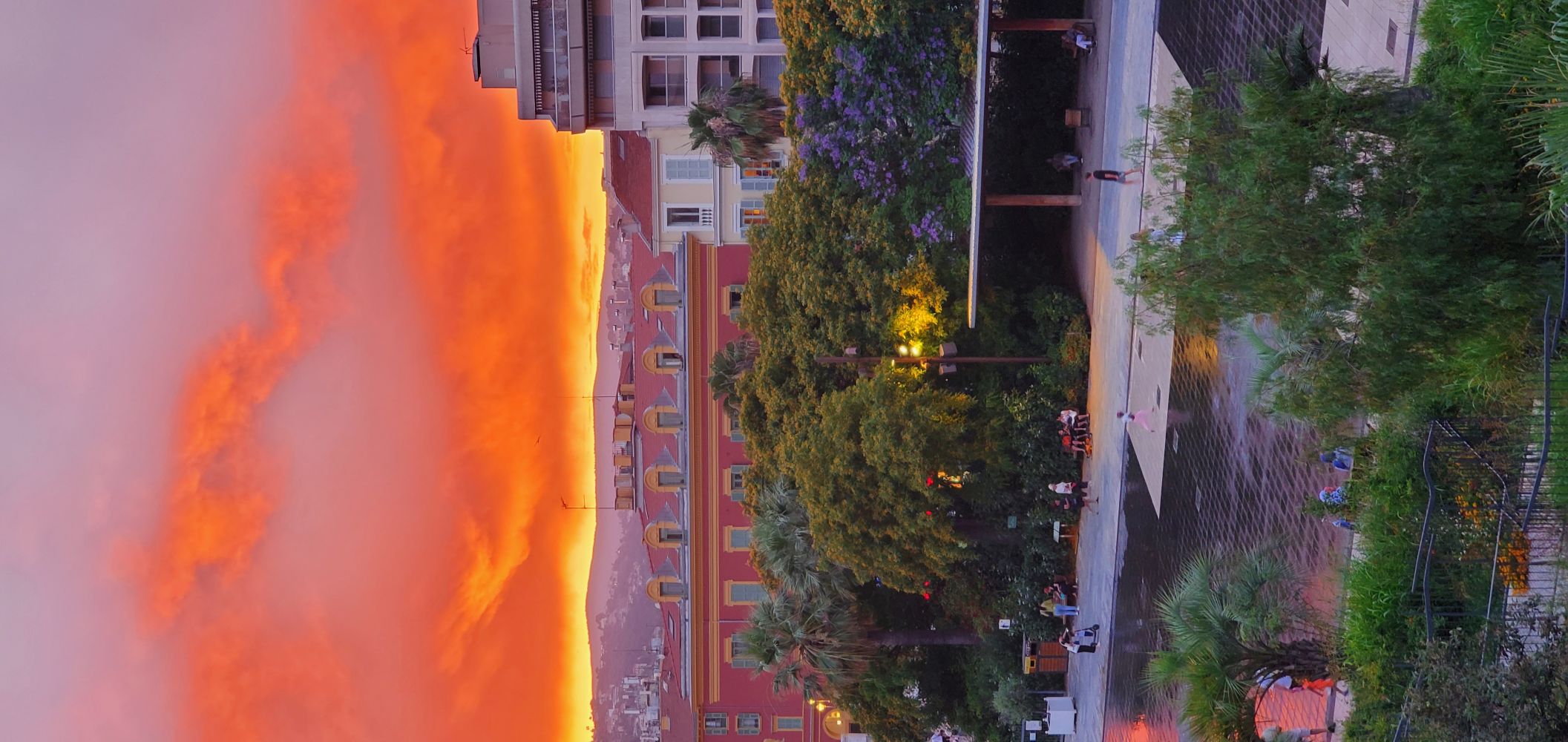Diana Ludet, Real Estate Agent in Nice
Understanding Closing Costs in France
When you buy property in France, you’ll hear the term “frais de notaire” - the notary fees or closing costs calculated and collected by the notaire, the public legal officer who finalizes all property transactions.
These fees may sound high at first glance - usually around 7-8% of the purchase price for existing properties - but most of that money doesn’t go to the notary.
In fact, the notary’s personal remuneration is only a small fraction. The rest are taxes and state property registration costs, similar to title fees in the U.S..
Let’s break down what’s included, how it’s calculated, and why it’s a cornerstone of France’s buyer protection system.
The Notaire’s Role in Closing
Every French property sale must go through a notaire, who is a government-appointed legal professional responsible for:
- Verifying ownership and title history
- Checking for liens, easements, or unpaid charges
- Ensuring taxes and co-ownership fees are settled
- Managing all payments through a regulated escrow account
- Officially registering the deed with the French land registry (Service de la Publicité Foncière)
The notaire collects closing fees on behalf of the government, distributes them to the appropriate public agencies, and keeps only a small portion as their own fee.
What “Frais de Notaire” Actually Include
The term “frais de notaire” covers three distinct elements:
-
Registration Taxes and Duties (≈ 80% of the closing costs)
These are state and local taxes on the property transfer, including:- Droits de mutation - the main transfer tax (around 5.8% in most regions)
- Local departmental fees and cadastral updates
- Public land registry costs
In short: most of what you pay are taxes that go directly to the French Treasury, not to your notary.
-
Notaire’s Fees (≈ 10-15% of the closing costs)
The notary’s personal remuneration is strictly regulated by law and follows a sliding scale based on the property price:- 3.945% on the first €6,500
- 1.627% from €6,501 to €17,000
- 1.085% from €17,001 to €60,000
- 0.814% above €60,000
Plus a small fixed administrative fee (around €400–€800).
-
Disbursements (Débours) (≈ 5-10% of the closing costs)
These are third-party expenses the notary pays on your behalf, such as:- Land registry extracts and title documents
- Municipal planning certificates
- Copies, postage, and administrative charges
How to Estimate Your Total Closing Costs
Here’s a quick rule of thumb:
| Property Type | Typical Closing Costs | What’s Included |
|---|---|---|
| Existing (older) property | 7-8% | Taxes + notary fees + registration |
| Newly built property (VEFA) | 2-3% | Reduced transfer tax |
| Land-only purchase | 6-7% | Transfer duties and survey fees |
So if you buy an apartment in Nice for €500,000, you can expect:
- Around €35,000-€40,000 in total closing fees
- Of which only €3,000-€4,000 is the notary’s actual income
French notaries act as both legal overseers and tax collectors - ensuring every euro is traceable, recorded, and compliant.
Who Chooses the Notary - Buyer or Seller?
By tradition, the buyer chooses the notary.
If both parties have their own notaries, that’s perfectly fine - the two notaries share the work and the fee (it’s not doubled).
This allows the buyer to select an English-speaking or bilingual notary familiar with international transactions.
Choosing a notary you trust is one of the best ways to make your French property purchase smooth and transparent.
Why Fees Are Higher Than in the U.S.
In the United States, closing costs often range from 2-3%, mostly for title insurance, escrow, and legal services.
In France, those protections are built into the public notarial system - there’s no private title insurance because:
- Ownership is guaranteed by the notaire and the State
- Title records are verified by a government registry
- All funds are handled through regulated escrow
So while fees appear higher, they replace several private services and provide stronger legal assurance.
The Upside: Predictable, Transparent, and Safe
French closing costs may seem complex, but they’re:
- Fully transparent - itemizedby the notary
- Non-negotiable - regulated by the government, so no surprises
- One-time - you’ll never face reassessment or hidden charges later
When you buy in France, every euro is accounted for, every document verified, and your ownership guaranteed by law.
In short:
Closing costs in France average 7-8% for existing properties, but most of that goes to the state, not the notary. The system ensures transparency, fairness, and unparalleled buyer protection - one more reason owning a home in France feels as solid as it looks.
